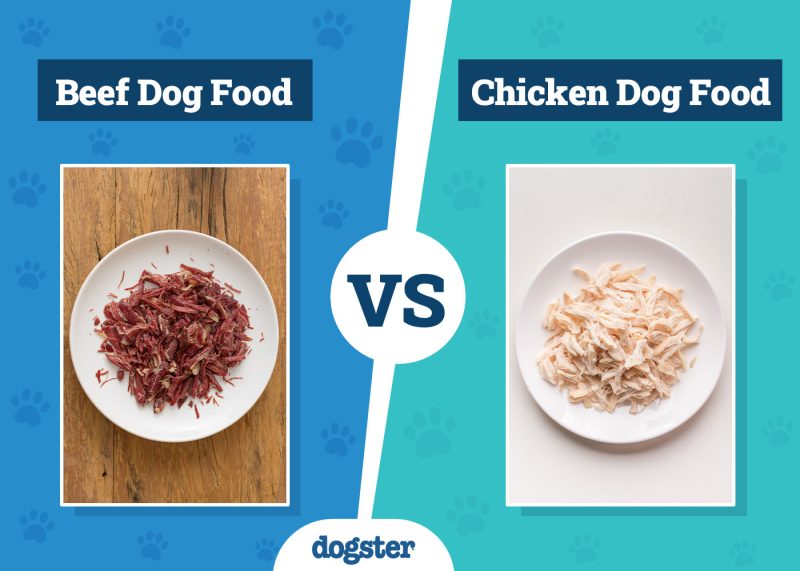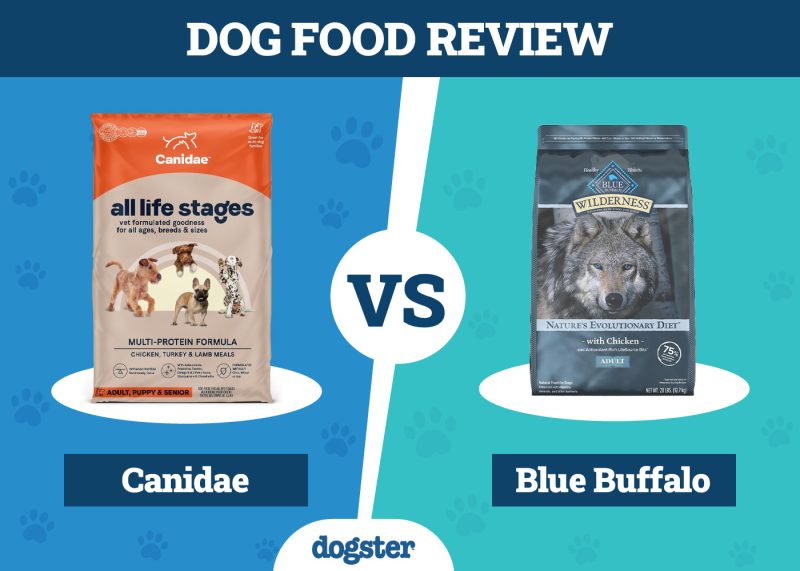In this article
View 3 More +There are few pleasures in life as satisfying as feeding catnip to a kitty. Watching their brains get overwhelmed by the pleasure and witnessing them tear through the house chasing invisible mice makes for cheap fun for you and your cat, and it never gets old.
But what about your dog? Is there anything like that you can give them? If you did give them catnip, what would happen? Would it hurt them, or worse, turn them into cats?! If you don’t know if something’s safe for your dog, you should never test it on them, but luckily for you, we have the answers you seek here. Your dog never has to be in danger to quell your curiosity.

What Is Catnip and How Does It Work?
Catnip (Nepeta cataria) is an herb in the mint family. It is native to parts of the Middle East, Europe, and Asia, but it has been grown in North America and New Zealand to the extent that it has fully naturalized there. In addition to being fed to cats, it’s often used in herbal teas, and the oil can be used as a natural insect repellent.
There’s a compound inside catnip called nepetalactone, and when cats smell it, it stimulates the nose tissue. This was believed to involve the vomeronasal organ or Jacobson’s organ. However, research has proven that that is not the case.
When cats smell catnip, they rub their head and faces against it and roll on the ground in a very characteristic response. This effect lasts around 10 minutes and then disappears for a few hours. Catnip is thought to mimic cat pheromones. That’s why a cat hopped up on catnip will display behaviors like extreme affection, relaxation, and happiness—all signs of a cat in heat.
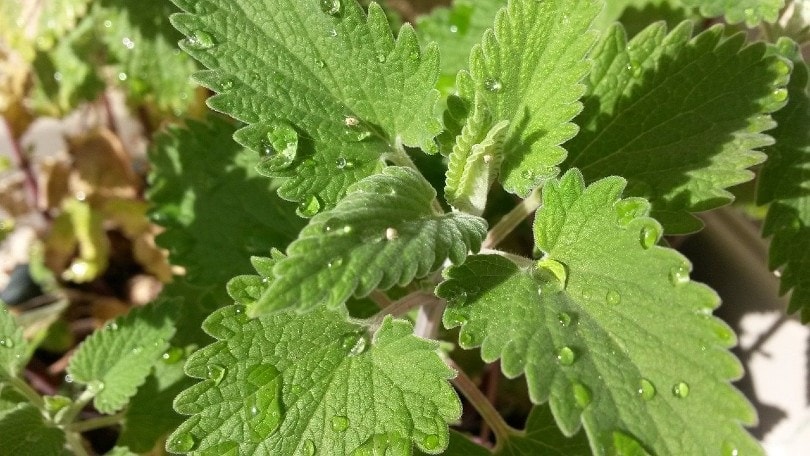
What Does Catnip Do to Dogs? What About Other Animals?
The reaction to catnip seems to be limited to cats. Interestingly, it doesn’t affect all cats equally, either. It’s estimated that around 60% of cats will react to catnip in some fashion. However, while catnip only affects 60% of cats, it also affects other felids, including lions, jaguars, tigers, ocelots, bobcats, and leopards.
The effects of catnip on dogs are anecdotal, and the reaction is nothing like what’s seen in cats. The effect is more muted and subtle. While catnip tends to rev up cats, it has the opposite effect on canines. Of the relatively few dogs that react to it, catnip tends to have a calming effect.
There is clearer evidence of its effects on insects. The iridoid compounds in catnip (nepetalactone) repel several species of mosquitoes.
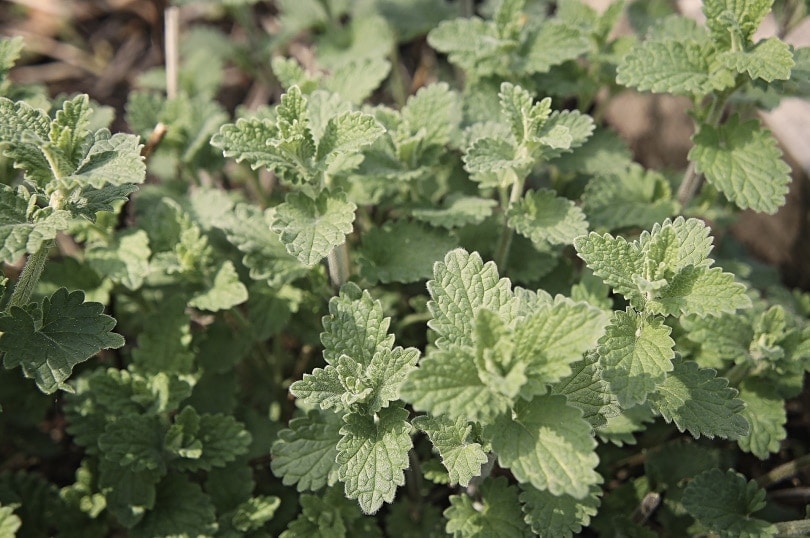
Is Catnip Bad for Dogs?
As long as you don’t let them consume large portions, catnip is safe for dogs. If your dog experiences the calming effect that catnip may provide, it may benefit them. Not only will it lower their stress levels, but it also makes activities like going to the vet easier on everyone involved, which means you’re more likely to do it regularly, and that can have a profound effect on your dog’s overall health and life expectancy.
As far as any danger that might be involved, it’s minimal. The only thing that you have to worry about is the possibility that your dog eats so much that it can cause digestive upset. For this reason, you should only offer a small amount after consulting your veterinarian.
If you want something that can make dogs just as wild as catnip makes cats, we may have just the thing for you.

The Dog-Friendly Alternative to Catnip
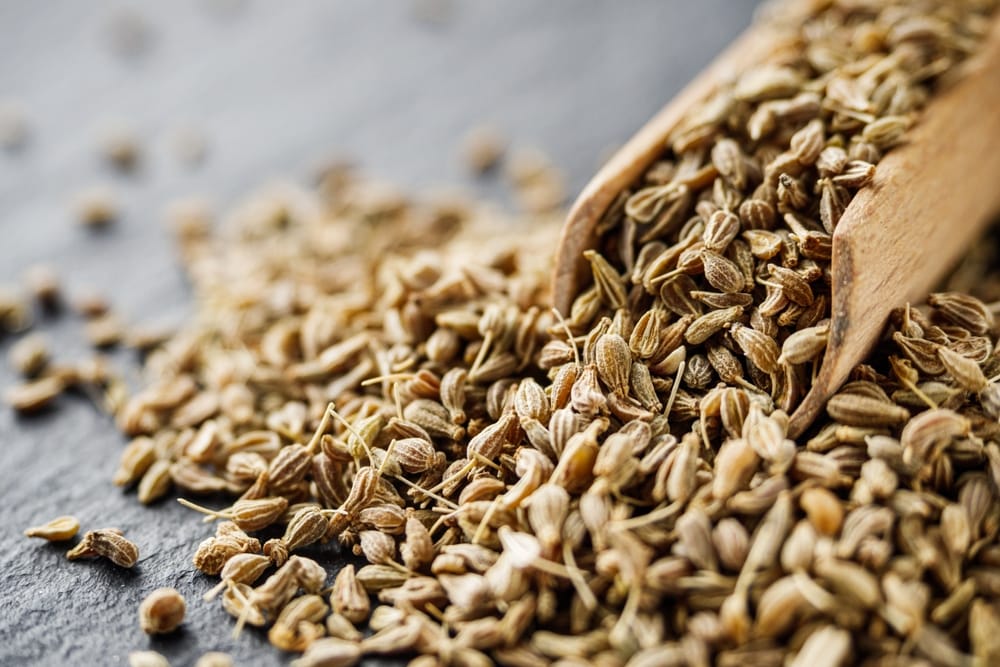
While catnip may not do much for most dogs, there is something that might have more of a dramatic effect on your pup. It’s called anise, and it is the seed from the Pimpinella anisum plant that’s related to dill and fennel. Dogs can be given anise raw, as seeds or powder, or baked into treats. Anecdotally, it causes dogs (but not all dogs) to react as if they’re on some sort of drug, much like catnip. The exact way that this behavior will manifest varies from dog to dog; some become highly energetic, while others get relaxed and mellow.
Beyond making dogs feel fantastic, anise has important health benefits in humans. It can alleviate digestive issues and reduce respiratory problems. However, as with any herbal product, if you plan to use anise, you should speak to your vet before offering it to your dog, as it’s not without its dangers.
You’ll need to keep the anise far out of your dog’s reach since too much can be harmful. Stick to pre-mixed anise treats (and follow the dosing recommendations religiously), or add seeds or powder sparingly to your dog’s food following your vet’s recommendations. We suggest you contact a vet online if you need guidance on how to use catnip for dogs.
If you need to speak with a vet but can't get to one, head over to PangoVet. It's our online service where you can talk to a vet online and get the advice you need for your dog — all at an affordable price!

Summary
If you feel like your dog’s been jealous that your cat gets to go on psychedelic adventures every time you bring out the catnip, you can finally even things up a little. While catnip is unlikely to have any effect on your dog, it is not considered toxic and is unlikely to harm your dog in small portions.
On the other hand, if you want to give your dog their very own stash, you can buy “dognip,” a.k.a. anise. This licorice-like seed can have effects on dogs similar to those experienced by cats on catnip, allowing you to have a great time with every member of your pack.
Featured Image Credit: Liudmila Bohush, Shutterstock
















